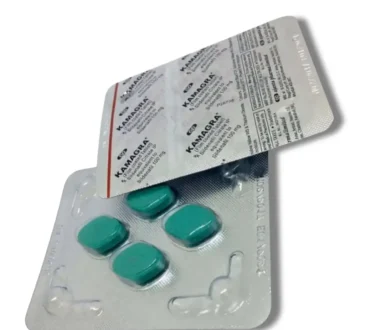
In the realm of primary care, paediatric telephone assessments have become an integral component of healthcare delivery, offering timely advice and triage without necessitating immediate in-person consultations. The efficacy of these assessments’ hinges on the implementation of robust triage protocols, which guide healthcare professionals in making accurate and safe decisions regarding a child’s health needs.
The Importance of Structured Triage Protocols
Structured triage protocols serve as essential tools in paediatric telephone assessments, enabling clinicians to systematically evaluate symptoms, identify potential red flags, and determine the appropriate level of care. These protocols standardise the assessment process, reducing variability and ensuring that critical symptoms are promptly recognised and addressed.
A study conducted by Zachariasse et al. (2019) highlighted the significance of triage systems in emergency care, emphasising that well-structured protocols enhance the accuracy of urgency assessments and contribute to improved patient outcomes. The study underscored the need for continuous evaluation and optimisation of triage protocols to maintain their effectiveness in clinical practice.
Challenges in Paediatric Telephone Triage
Assessing paediatric patients over the phone presents unique challenges. Children, particularly infants and young toddlers, may be unable to articulate their symptoms effectively, relying on caregivers to convey information. This indirect reporting can lead to misinterpretation or omission of crucial details. Additionally, certain conditions in children can deteriorate rapidly, necessitating prompt recognition and intervention.
To mitigate these challenges, healthcare providers must be adept at eliciting comprehensive histories, recognising subtle cues, and applying clinical judgment within the constraints of a telephone consultation. Continuous training and adherence to evidence-based triage protocols are essential to maintain high standards of care in this context.
Enhancing Skills Through Specialised Training
Recognising the importance of proficient telephone triage, Practitioner Development UK (PDUK) offers a comprehensive course titled “Paediatric Telephone Triage: Principles, Practice, and Scenarios.” This programme is designed to equip healthcare providers with the necessary skills to conduct safe and effective paediatric telephone assessments.
The course encompasses six modules, covering topics such as:
- The fundamentals of paediatric telephone triage and the requisite competencies.
- Structuring assessments and effective communication strategies with children and their caregivers.
- Understanding paediatric pathophysiology and its implications for telephone assessments.
- Identifying red flags across various systems, including respiratory, gastrointestinal, and neurological.
- Addressing legal and ethical considerations inherent in telephone triage.
Participants will engage in interactive sessions, case studies, and simulations to apply their learning in real-world scenarios. The course is accredited for Continuing Professional Development (CPD) and is suitable for a wide range of healthcare professionals, including nurse practitioners, health visitors, paediatric nurses, paramedics, pharmacists, and practice nurses.
For more information and to register, please visit the course page HERE
Conclusion
Incorporating structured triage protocols into paediatric telephone assessments is essential for delivering safe, efficient, and effective care. These protocols aid healthcare providers in making accurate clinical decisions, ensuring that children receive timely and appropriate interventions. Continuous professional development, such as the specialised training offered by PDUK, empowers clinicians to refine their skills and stay abreast of best practices in this critical aspect of primary care.
References
Zachariasse, J.M., van der Hagen, V., Seiger, N., Mackway-Jones, K., van Veen, M. and Moll, H.A., 2019. Performance of triage systems in emergency care: a systematic review and meta-analysis. BMJ Open, 9(5), p.e026471. Available at: https://bmjopen.bmj.com/content/9/5/e026471
Fischer, J.B., O’Donnell, B.E., Ray, K.N., Broderick, J., Mann, D., Flessa, L. and Rhee, K.E., 2020. Development and evaluation of a clinical guideline for a paediatric telemedicine urgent care programme. BMJ Open, 10(10), p.e038779. Available at: https://bmjopen.bmj.com/content/10/10/e038779




